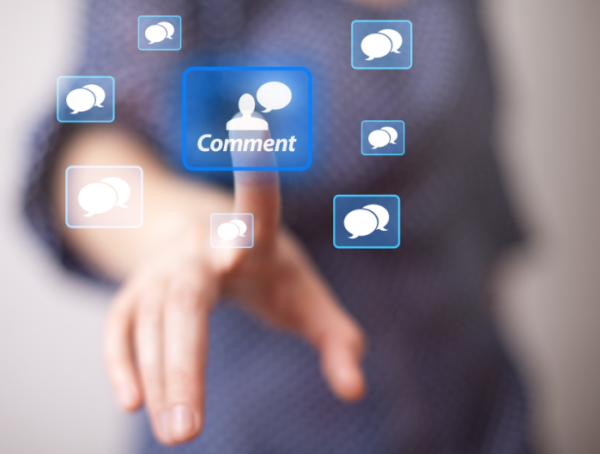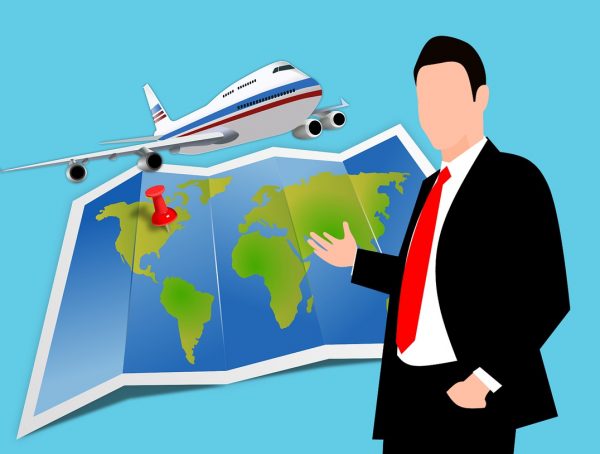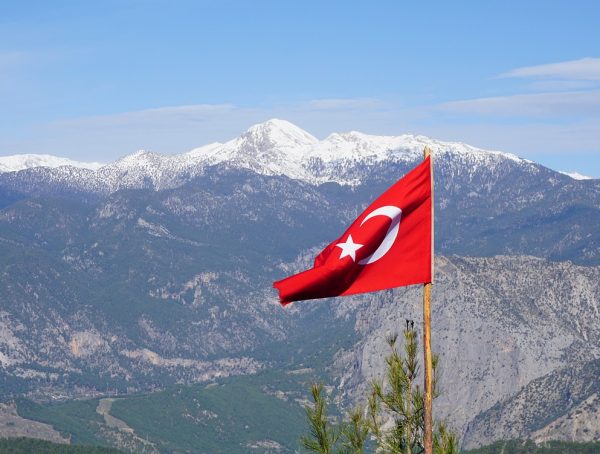Social media is a place where users can create and share content with the public, their personal connections, or direct individuals. In recent years, it has also become a platform for political agendas.
According to Robert D. Brown, a political science professor at The University of Mississippi, it is undeniable that social media is changing how politicians and elected officials campaign.
“If for no other reason than in an era of increasingly costly campaigns, social media provides an inexpensive and effective tool for communication,” Brown said.
As politicians make their way into social media, they are able to reach a younger audience than a hard news outlet might. In a May 2019 survey, 34% of adults under the age of 34 report never getting their news from a local television station in the United States.
“I’m intrigued to see how social media may influence political activism, voter registration, and turnout, especially among younger voters (who typically vote in lower percentages than older voters),” Brown said. “Research suggests that the political opinions of younger voters can be influenced by social media posts.”
In recent years, politicians themselves have signed up, logged in, and started posting on official social media accounts as a source of direct information from their campaign or political agenda to the public eye.
According to Forbes social media writer Peter Suciu, President Barack Obama earned the title of the “first social-media President” on May 24, 2012, when he responded to the public via Twitter. Following in his footsteps, it is no secret that President Donald J. Trump resorted to Twitter for much of his campaigning.
Brown recalls President Obama’s social media utilization to be quite different from that of President Trump.
“Obama generally used social media in a humanizing capacity, getting information out about himself and his family in order to build broad connections with the public,” he said. “Trump took a very different approach, and his use of Twitter is one of the defining aspects of his campaign and presidency.”
As with all things, there are risks versus rewards of having politicians active on social media. Do the risks outweigh the rewards or do the rewards outweigh the risks?
“One of the biggest potential advantages of social media for politicians is that it allows them to be the curator of their image, rather than having that image filtered through traditional media outlets,” Brown said. “Moreover, they can respond immediately to current events and statements by their opposition.
Social media also allows for elected officials to do as President Obama did and humanize themselves as people in order to relate to voters. Connecting with voters is one strategy that many politicians use to win over voters, especially with younger generations who may not understand political agendas.
“Of course, there are downsides to this, as politicians need to be careful about what they post and try to anticipate unintended reactions that may lead to social media blowups that they are not able to control,” Brown said.








